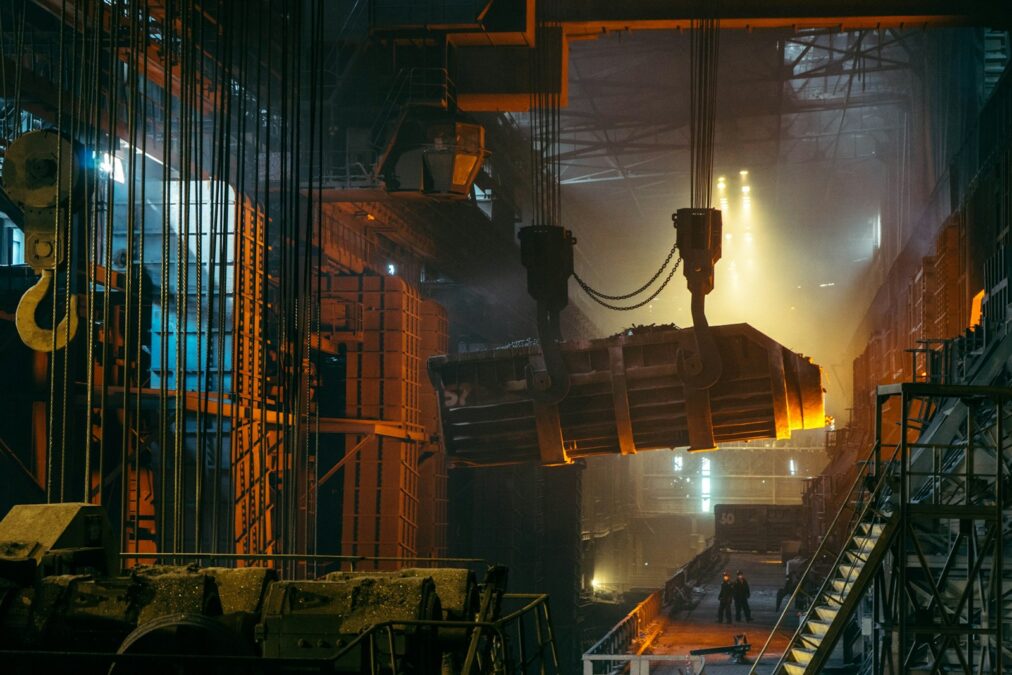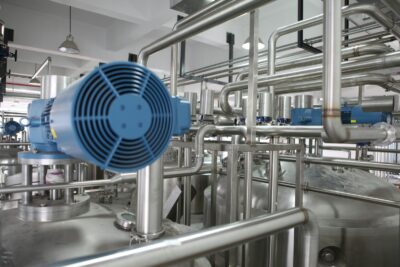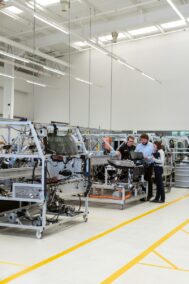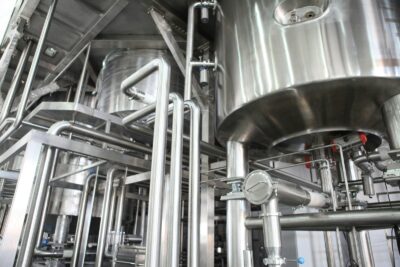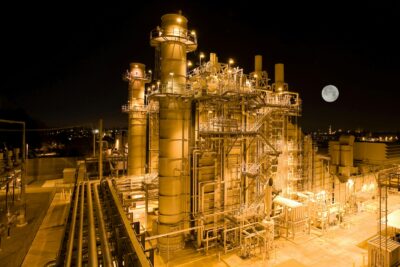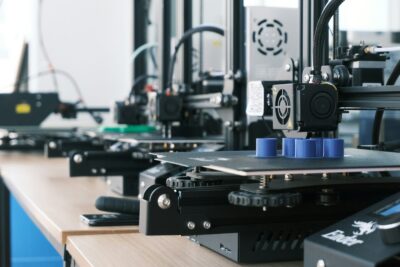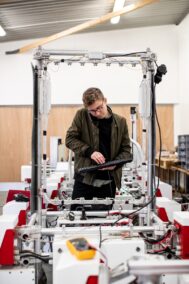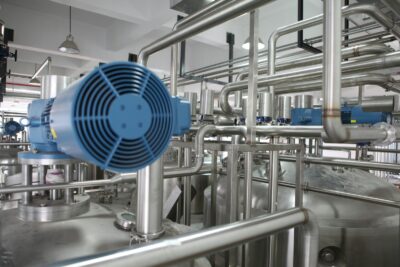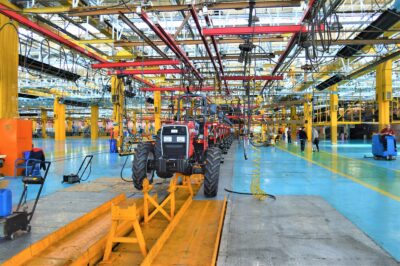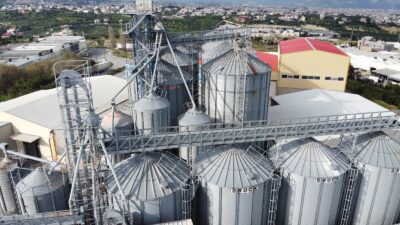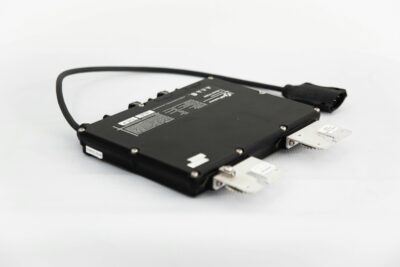Empowering Manufacturing Through Industrial Automation
Introduction to Industrial Automation
Industrial automation has emerged as a pivotal force in revolutionizing the manufacturing landscape, particularly in dynamic regions such as Saudi Arabia and the UAE. With advancements in technology, including robotics and Artificial Intelligence (AI), factories are embracing automation to streamline operations, enhance efficiency, and drive business success.
In Riyadh and Dubai, two bustling hubs of innovation and economic growth, industrial automation is reshaping traditional manufacturing processes. From automotive assembly lines to electronics production facilities, robotic arms are becoming indispensable tools for achieving precision, speed, and reliability in manufacturing operations. This article explores the role of industrial automation, focusing on the integration of robotic arms in assembly lines and its broader implications for business competitiveness and growth.
The adoption of industrial automation aligns with the strategic objectives of forward-thinking businesses, enabling them to stay ahead of the curve in an increasingly competitive global market. By leveraging robotic technology, manufacturers can unlock new levels of productivity, cost-effectiveness, and operational flexibility, positioning themselves for long-term success and sustainability.
Robotic Arms in Assembly Lines: Precision and Efficiency
One of the hallmark applications of industrial automation is the deployment of robotic arms in assembly lines. These sophisticated machines are designed to perform repetitive tasks with unmatched precision and efficiency, driving significant improvements in production throughput and product quality. In automotive manufacturing plants, for example, robotic arms are instrumental in assembling complex components with minimal errors and downtime.
In Riyadh’s industrial zones and Dubai’s manufacturing facilities, robotic arms are a common sight, seamlessly integrating into assembly processes to accelerate production cycles and meet stringent quality standards. These robots work tirelessly, executing tasks with speed and accuracy that surpass human capabilities, thereby optimizing resource utilization and minimizing operational costs.
Moreover, the flexibility of robotic arms allows manufacturers to adapt quickly to changing production requirements and market demands. With programmable features and advanced sensors, these robots can handle a diverse range of tasks, from welding and painting to packaging and palletizing, ensuring agility and scalability in manufacturing operations.
Business Competitiveness and Growth
Beyond the factory floor, the adoption of industrial automation holds profound implications for business competitiveness and growth. By embracing automation technologies, manufacturers in Saudi Arabia and the UAE can enhance their market position, offering high-quality products at competitive prices while maintaining profitability. The efficiency gains achieved through automation enable businesses to optimize resources, improve supply chain management, and respond swiftly to market dynamics.
Furthermore, industrial automation fosters innovation and creativity within the manufacturing sector, driving continuous improvement and product innovation. As businesses automate routine tasks, employees are freed from mundane responsibilities to focus on value-added activities such as research, development, and customer engagement. This shift not only enhances employee satisfaction and morale but also fuels innovation and drives business growth.
In the competitive landscape of the 21st century, the strategic adoption of industrial automation is paramount for manufacturers seeking sustainable growth and success. By leveraging robotic arms and other automation technologies, businesses can unlock new opportunities for efficiency, productivity, and innovation, ensuring their relevance and resilience in an ever-evolving market environment.
Conclusion: Embracing the Future of Manufacturing
As manufacturing evolves in the digital age, the role of industrial automation becomes increasingly vital. In Saudi Arabia and the UAE, where economic diversification and technological innovation are top priorities, the adoption of robotic arms and automation technologies is paving the way for a new era of manufacturing excellence. From automotive giants to electronics manufacturers, businesses across various industries are embracing automation to drive efficiency, quality, and competitiveness.
In conclusion, the transformative impact of industrial automation extends far beyond the factory floor, shaping the future of manufacturing and business leadership. By harnessing the power of robotic arms and automation technologies, businesses can navigate complex challenges, capitalize on emerging opportunities, and chart a course towards sustainable growth and success. As the manufacturing landscape continues to evolve, those who embrace automation will lead the way in shaping a more efficient, innovative, and resilient future.
#IndustrialAutomation, #RoboticArms, #Manufacturing, #SaudiArabia, #UAE, #Riyadh, #Dubai, #ChangeManagement, #ExecutiveCoachingServices, #EffectiveCommunication, #BusinessSuccess, #ManagementConsulting, #ArtificialIntelligence, #Blockchain, #TheMetaverse, #GenerativeArtificialIntelligence, #LeadershipAndManagementSkills, #ProjectManagement

